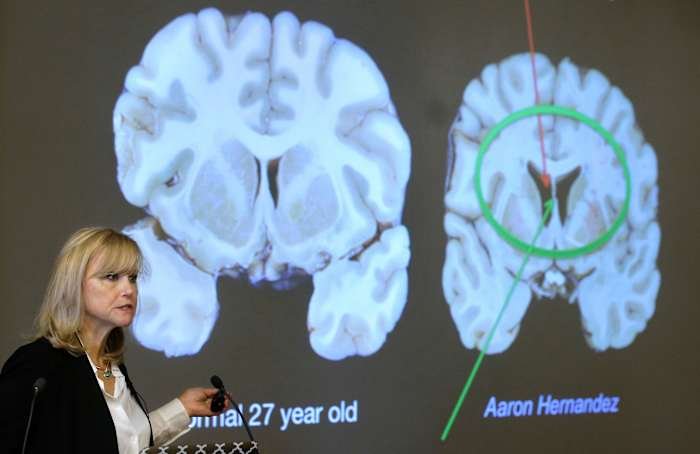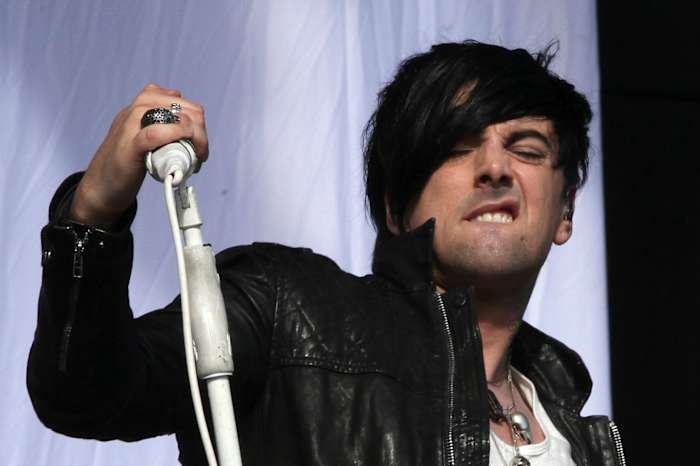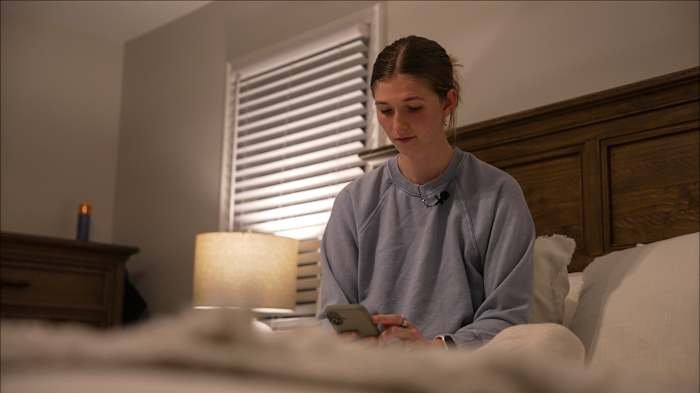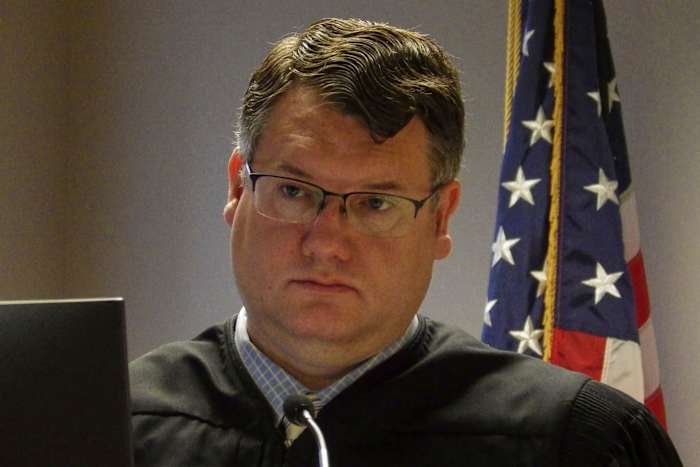Chronic Traumatic Encephalopathy (CTE) has become a central topic in recent headlines, following a tragic incident in New York City where a shooter left a note blaming the NFL for his deteriorating mental health. As the home of an active sports community, including NFL fans and youth athletes, Orlando residents might wonder what CTE is, how it impacts lives, and why it matters right here in Central Florida. In this article, Daily Orlando News dives deep into what CTE is, its connection to football, the latest research, and what local families and athletes should know.
Understanding CTE: What Is It?
CTE is a progressive brain disease found in people with a history of repetitive brain trauma, often athletes who play contact sports such as football, boxing, and hockey. These repeated blows to the head, including concussions and sub-concussive hits, can trigger the buildup of an abnormal protein called tau in the brain. Over time, this can cause symptoms affecting mood, behavior, and cognition.
Symptoms of CTE may include:
- Memory loss
- Confusion
- Impulse control problems
- Depression and anxiety
- Suicidal thoughts or behaviors
- Progressive dementia
Sadly, CTE can only be definitively diagnosed after death, making it a challenging condition for doctors and families alike. But as awareness grows, so does research and prevention efforts.
CTE and Football: The NFL Connection
The recent NYC tragedy has put a spotlight on the NFL’s role in the CTE crisis. The shooter reportedly left a note blaming the league for his mental health decline, echoing concerns raised by former players and families nationwide. Over the past decade, the NFL has faced lawsuits and scrutiny for allegedly downplaying the risks of head injuries.
While the league has made rule changes to reduce head trauma and invested millions in research, the legacy of CTE remains a pressing concern for players at all levels—including those in the Orlando area. Local high school and college football programs have started to adopt better safety protocols, but the risk of head injuries remains a topic of conversation among parents, coaches, and medical professionals.
For Orlando’s large population of youth athletes, understanding the risks and advocating for safe play is more important than ever. The NFL’s ongoing efforts and controversies serve as a reminder to prioritize player health at every level of the sport.
How CTE Impacts Mental Health
The most devastating aspect of CTE is its impact on mental health. The disease can cause severe mood swings, depression, paranoia, and even violent behavior. Many families of former athletes have reported dramatic changes in their loved ones’ personalities, sometimes leading to tragic outcomes.
In high-profile cases—including the shooter in NYC—CTE has been cited as a factor in criminal behavior or suicide. While it’s important not to excuse violence, these stories highlight the urgent need for mental health resources and support for those at risk.
Here in Orlando, where sports are a major part of community life, local health professionals are working to raise awareness about the signs of brain injuries. Orlando-area clinics, schools, and sports organizations are increasingly offering education and screening programs to help identify issues early and connect affected individuals with care.
CTE Research and Prevention Efforts in Orlando
Orlando is home to several medical research centers and universities at the forefront of concussion and brain injury research. The University of Central Florida (UCF) and AdventHealth have ongoing studies aimed at understanding the long-term impacts of sports-related head trauma.
Additionally, local sports leagues are taking proactive measures. Many now require baseline concussion testing for athletes and have strict return-to-play protocols. Coaches are being trained to recognize the symptoms of concussion and to emphasize proper tackling techniques to minimize risk.
Orlando families can protect their young athletes by:
- Encouraging open communication about symptoms
- Ensuring helmets and protective gear are properly fitted
- Supporting “heads up” tackling and safe play initiatives
- Advocating for sideline medical professionals at games and practices
By staying informed and proactive, our community can work together to safeguard the health of our athletes and address the challenges posed by CTE.
What Orlando Parents, Coaches, and Athletes Should Know
If you’re a parent, coach, or athlete in Orlando, here’s what you can do to help prevent CTE and support those at risk:
- Stay educated about the symptoms and risks of concussion and CTE.
- Follow strict concussion protocols—when in doubt, sit it out.
- Talk openly with young athletes about brain health and mental wellness.
- Participate in community forums and educational events about sports safety.
- Advocate for mental health support within your sports organizations.
By fostering a culture of safety and awareness, we can help ensure that sports remain a source of joy, health, and community in Orlando.
Conclusion: Join the Conversation
CTE
















